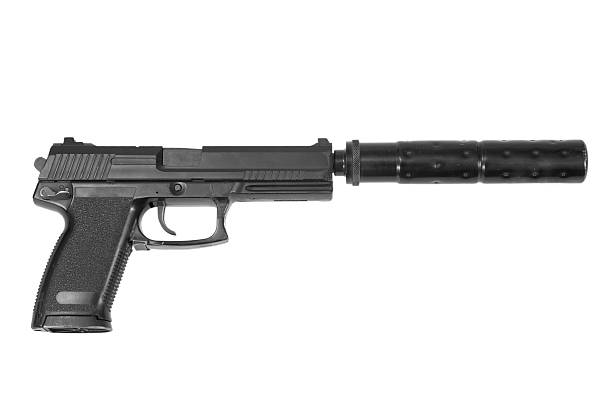Estate planning is complicated, but of all the assets covered in a plan, guns present the most unique challenge. In Idaho, approximately 57% of households own one or more firearms. Thus, as an Idaho estate planning attorney, we frequently encounter and address the challenges these items present.
One complicating factor is the myriad of laws that apply, including federally and on the state and local level. Often, firearm owners don’t consider these legal issues while they are alive. That lack of planning can leave a mess for the family. But a little thoughtful planning ahead of time can save families lots of headaches, heartaches, and of course money.
National Firearms Act Guns
Congress passed the National Firearms Act (NFA) in 1934. The goal was to limit the transfer of certain guns preferred by the mobsters of the era. The NFA imposes a duty to register and pay a transfer tax on NFA firearms. That term refers to specific types of firearms, including short-barreled shotguns, short-barreled rifles, disguised devices like pen guns or umbrella guns, some modified pistols and revolvers, machine guns, machine gun receivers, silencers and parts, explosive devices, and large caliber firearms. In other words, most of the commonly-owned guns are not NFA firearms.
If you do own an NFA firearm, the gold-standard approach is to transfer that firearm into a specially-designed gun trust. Otherwise, the recipient must meet the NFA requirements every time the gun changes hands. That includes a transfer at your death. Those requirements include a background check, registration of the new owner, and payment of a tax.
By the way, a transfer does include handing an NFA firearm to a friend and letting him “try out” the firearm. Thus, letting your friend borrow your silencer violates the NFA. The consequence if you were caught would be up to 10 years in prison (for you and the recipient) and seizure of the firearm. One benefit of a gun trust is that any of the trustees can lawfully be in possession of the guns held in that trust.
Non-NFA Guns
Most “typical” guns are non-NFA guns, like hunting rifles and pistols. Although transfer of these guns is more straightforward, some thought is still required as part of the estate planning process. Is a potential recipient of the gun prohibited from owning it due to a prior criminal issue or because he or she is the subject of certain protective orders? Or is the gun illegal in the state where a potential recipient lives? How is the gun going to move physically from your house to the recipient after your death, and who is going to be in charge of that process? Does that person understand what they are doing? Do they understand the legal liability associated with that process?
Most items of personal property are fairly easy to address after someone dies. Guns create unique issues that must be thought through with the advice of a competent estate planning attorney. If you have questions or concerns about guns you own, or guns you might inherit, contact Learned Lawyer for a free consultation today.







